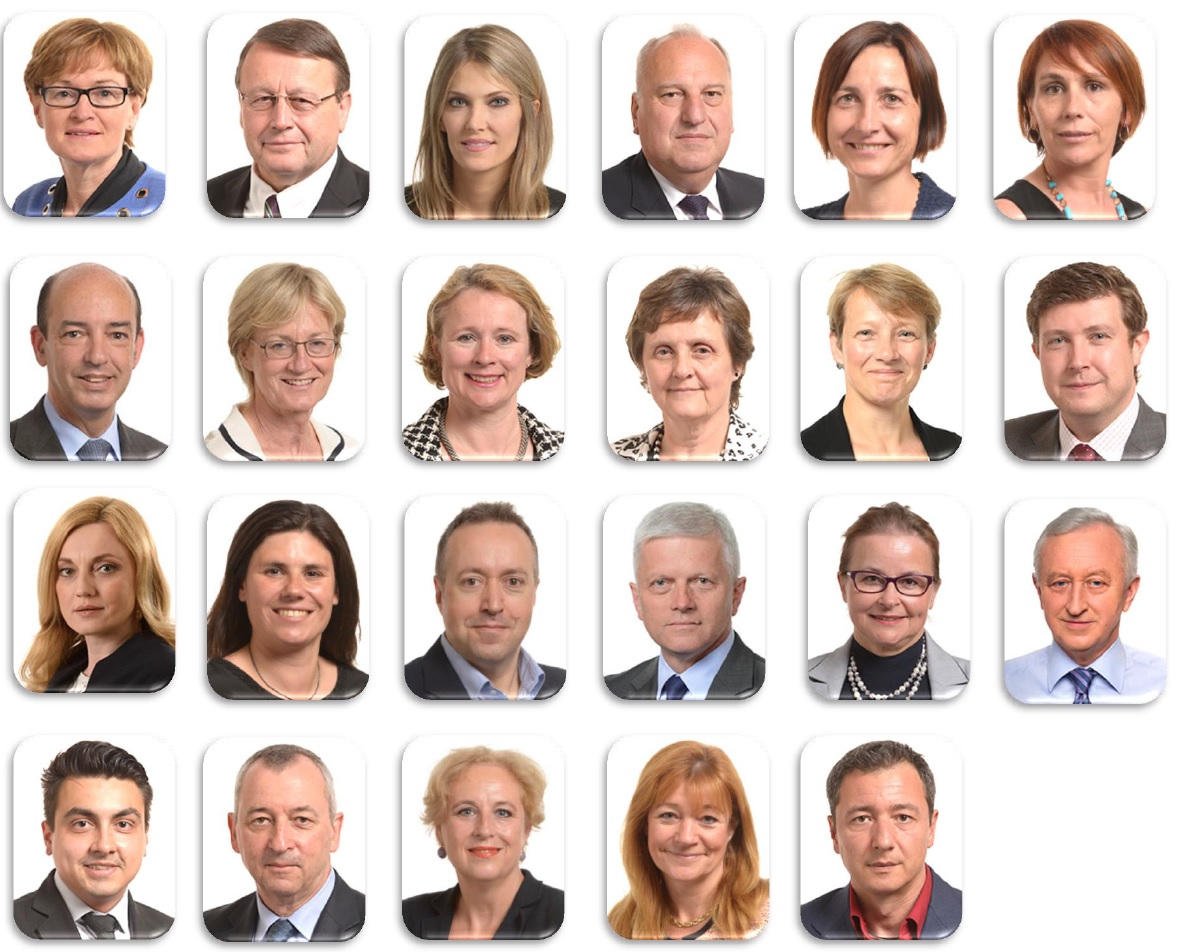Written by Nera Kuljanic and Liliana Cunha

Scientific and technological assessment and foresight are becoming ever more salient politically and are moving to the centre of policy-makers’ preoccupations. It is not surprising therefore that the European Parliament’s Science and Technology Options Assessment Panel (STOA), chaired by Paul Rübig MEP and under the responsibility of EP Vice-President Mairead McGuinness MEP, has recently been enlarged. The STOA Panel, which meets monthly in Strasbourg, now comprises 24 MEPs, compared to the previous 15. Membership of the Panel involves monitoring techno-scientific developments, discussing with researchers and experts, proposing and deciding upon projects, and taking part in workshops and debates that all aim to underpin science-based policy-making in the EP.
Besides the Agriculture & Rural Development (AGRI), Employment & Social Affairs (EMPL), Environment, Public Health & Food Safety (ENVI), Internal Market and Consumer Protection (IMCO), Industry, Research and Energy (ITRE), and Transport and Tourism (TRAN) Committees who have appointed members to the STOA Panel since 2004, two further committees – Culture & Education (CULT) and Legal Affairs (JURI) – are now also represented. This means more diversity in proposals and debates about current and emerging technology trends and their impacts on society. Moreover, with the increase in membership, the Panel becomes more representative in terms of the number of political groups and committee competences represented, thus linking STOA closer to committee work.
Find out more about what we do in STOA and follow our monthly meetings.
Over 40 proposals for new projects in 2015
The newly elected MEPs did not take long to demonstrate their interest in STOA, as they submitted proposals for more than 40 studies and workshops to take place in 2015. Precision agriculture, waste management, robotics, cyber-security, 3D printing, technological support for people with disabilities, energy resilience, trans-border transport, and the impact of technologies on the labour market are only some of the topics that interest the STOA Panel.
Following the Panel’s decisions, while completing ongoing projects, STOA is now launching new ones, such as the scientific foresight project on ‘Ethics of Cyber-Physical Systems’, which is being carried out to support the work of the JURI Committee’s Working Group on Robotics and Artificial Intelligence and for which Mady Delvaux MEP is Lead Panel Member.
Forthcoming activities
The end of the year will be packed with STOA events. On 18 November, Members will debate the impacts of organic food on human health, and on 1 December, they will discuss the situation and challenges of e-health in Europe. On 8 December STOA is jointly organising with the LIBE Committee, a high-level conference on online privacy. The following day, 9 December, the fourteenth prestigious STOA Annual Lecture will take place, continuing the practice of welcoming a Nobel laureate. This time the Annual Lecture is being organised around the impact and challenges of light-based technologies and their industry applications. With 2015 proclaimed the ‘International Year of Light and Light-based technologies’ by the UN, Professor Serge Haroche, Nobel Prize in Physics 2012, will give the keynote speech.
All STOA events are open to the public, so register here and do not miss your chance to take the floor in the debate.








Reblogged this on mariepaz and commented:
“The STOA Panel, which meets monthly in Strasbourg, now comprises 24 MEPs, compared to the previous 15. Membership of the Panel involves monitoring techno-scientific developments, discussing with researchers and experts, proposing and deciding upon projects, and taking part in workshops and debates that all aim to underpin science-based policy-making in the EP.”